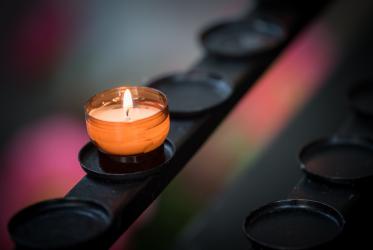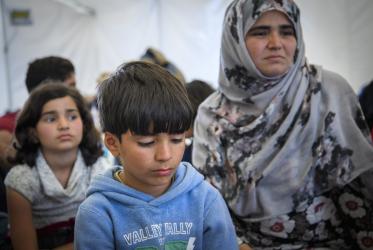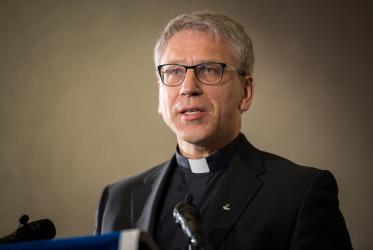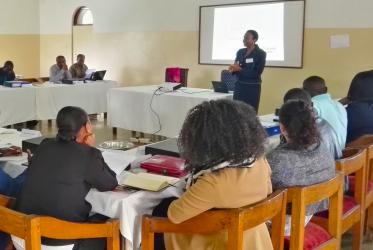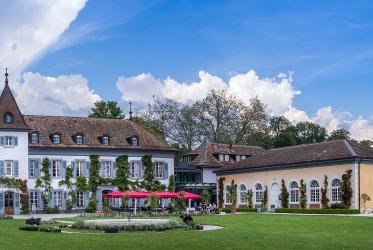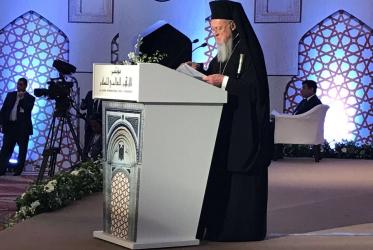Displaying 181 - 200 of 291
23 January 2018
WCC 70th anniversary started in Beijing
07 January 2018
WCC Executive Committee comments on situation in Zimbabwe
22 November 2017
Tveit: “We are called to embrace the gifts of the others”
07 November 2017
WCC urges EU to oppose proposed “Greater Jerusalem” legislation
26 October 2017
“Called to be a good neighbor”
14 October 2017
Conference explores Christian approach to borders
05 October 2017
In Zambia, foreign investors complicate “economy of life”
06 September 2017
African youth takes stand at first ever WCC Eco-School
03 August 2017
Bossey students speak as one on fostering peace
14 July 2017
Gender-based violence concerns ‘all of humanity’
11 July 2017


